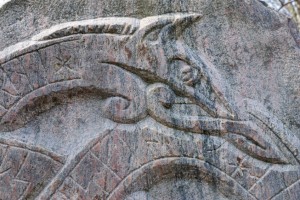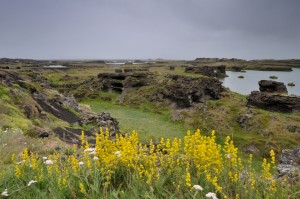50 Shades of Democracy…Or Were the Dark Ages Really That Dark?
When you hear about Vikings, terms like “rule followers” or “law abiding citizens” don’t jump to mind, right? You’re more apt to picture a raider’s rampage with shield and ax.
Okay, that’s so that’s not far off in many instances.
But, you might also be interested in how democratic those Norse could be.
Vikings had their own brand of democracy: one voice, one vote through their annual Althing meeting (also called Thing and Thingvellir). Nowhere was this so evident as on the volcanic island of Iceland.
Part 2 – Democracy…or there really was listening going on
Beautiful and remote, the Icelandic Vikings lived by their own set of rules. They never truly had a king, rather “Law Givers” or “Law Speakers” held the seat of power, answering to a distant king.
The best illustration of Viking democratic autonomy can be found in what I call the “Great Vote of 1000.” Discord brewed between two factions on the island: Christians versus heathens.
The two groups lived peacefully since missionaries started coming to the island around AD 980. But, prior to the Althing of 1000, Thorgeir Thorkelsson (the Law Speaker) caught wind of trouble. No one could really pinpoint which issues stood at the heart of the conflict. Thorgeir knew that if this malcontent wasn’t soon solved, the Althing of 1000 could be their last summer of self-governance.
Olaf “Crowbone,” King of Normandy, threatened to take matters into his own hands if…that is if the two sides didn’t erupt into an all-out war.
Thorgeir brought together both sides to pinpoint their grievances.
The sticking points?
The Christian faction wanted baptism en masse for the entire populace. The heathen faction wanted the right to continue to eat horse meat and practice infant exposure.
Both sides agreed, knowing full well the heathens would close their doors and continue to practice the religion of their choice. The vote was decided, and peace spread throughout the island.
Even better, Olaf Crowbone kept his kingly rear in Norway and didn’t intrude in Icelandic affairs.
The other interesting fact? Thorgeir, a practicing heathen, gained support from both factions as a fair leader.
The following year Thorgeir was replaced (after serving 15 years as Law Giver). The ‘old ways’ were abolished peacefully a few years after that, but not without leaving the indelible impression of democracy on Dark Ages history.
Now about those Norsewomen…join me next week for a look at a famous 300…or just how much women ruled the roost.
I’m curious about you. Please share below your impression of when democracy first showed up in history. I had always pictured the barons foisting the Magna Carta on King John in 1215 to be the birth of democracy until I read about the Vikings.
…would love to hear your thoughts!
I hope to see you next week and thanks for stopping by-
Gina


I recall hearing about the ‘Thing’ a place where they gather, talk, make decisions. You reference it today as this kind of meeting place. Would seem that we have taken this word ‘thing’ and embraced it into our own language, albeit with a more generalized meaning.
Do you know anything about how the word ‘thing’ found it’s way into the English language?
Katey
Hi Katey,
That’s a great question. What is the etymology of “thing” in English? I don’t know.
BUT…I just looked up “thing” in my Webster’s Encyclopedic Unabridged Dictionary, and they trace “thing” back to pre- AD 900, Old English/Middle English origin with an original reference to “meeting.”
Great catch on your part!
Gina